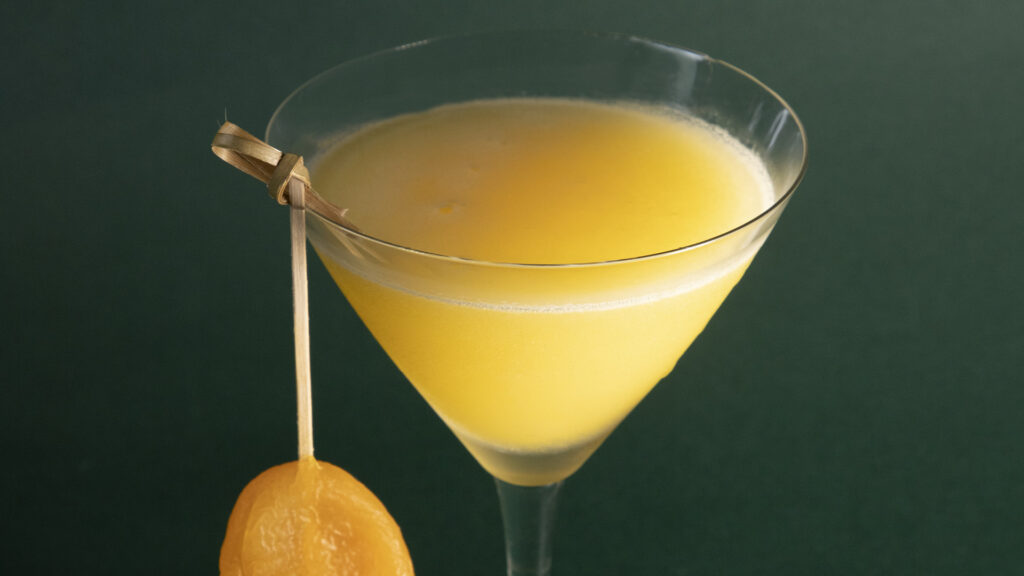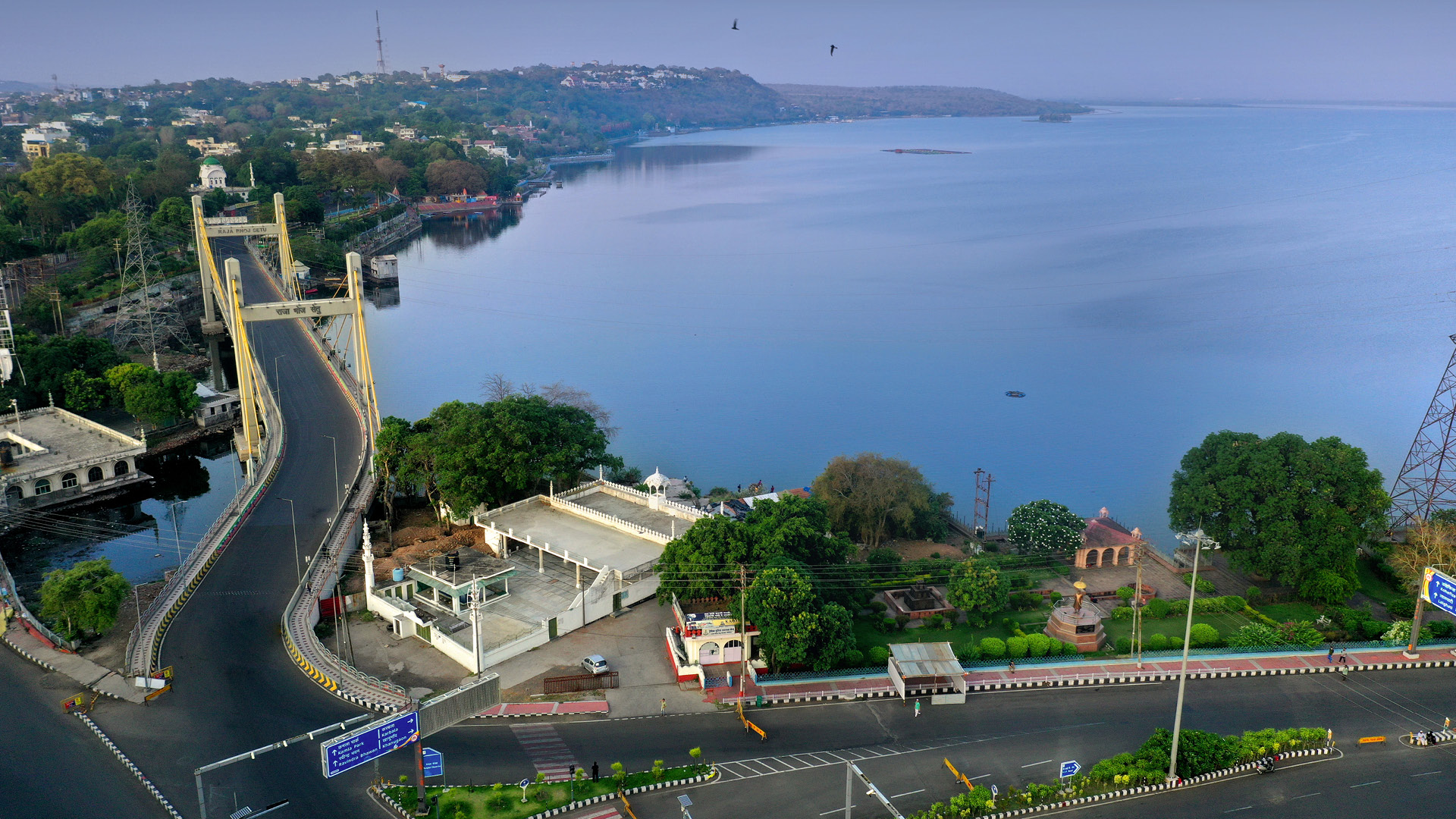Move aside Mumbai, Delhi and Bengaluru as Goa has silently paved its way to the honorary title of the country’s new food capital.
By DEEPTI DADLANI
Over the past three years, Goa’s food scene has grown exponentially. With its secret gin bars like the Gin Joint at the Verandah in Mandrem, specialised bakeries like Padaria Prazeres in Panjim, vegan cafes like Bean Me Up and tapas bars like Antonio at 31, Goa is attracting culinary entrepreneurs, chefs and diners from across the country. We look at how this destination has come of age in recent times.
BUSINESS AND PLEASURE
A common factor across major food capitals is that they attract both leisure and business travellers, ensuring that there is a constant demand and a ready audience. New residents of Goa as well as high-end travellers to the state are discerning, appreciative and primed to be open to experimentation. They are keen to try new cuisines and are willing to pay top dollar for their gourmet experience. Parth Timbadia, owner of the hugely popular coastal fine dining spot Mahé and Asian street food-inspired Roboto says, “The new denizens of Goa believe in research and are leading a food renaissance here.”
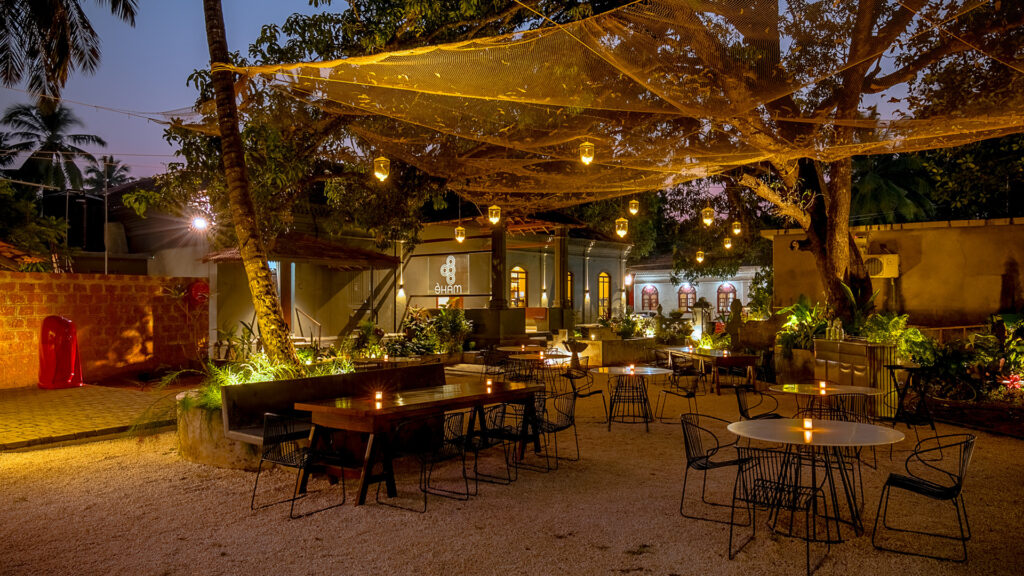
Chef Nooresha Kably, who owns Mumbai’s acclaimed Izumi and will soon set up shop in Goa, says, “There is a sizeable local audience now that is open to experimentation. However, the issue of supply chain and electricity will continue to be points of concern for any hospitality entrepreneur.”
Affordable real estate makes Goa the friendliest spot in the country for the culinary arts without the stress of obscene costs. Veteran restaurateur AD Singh agrees when he says, “Goa’s gourmet boom has been helped by the availability of reasonable real estate, as well as by the growing numbers of talented people who have moved here.”
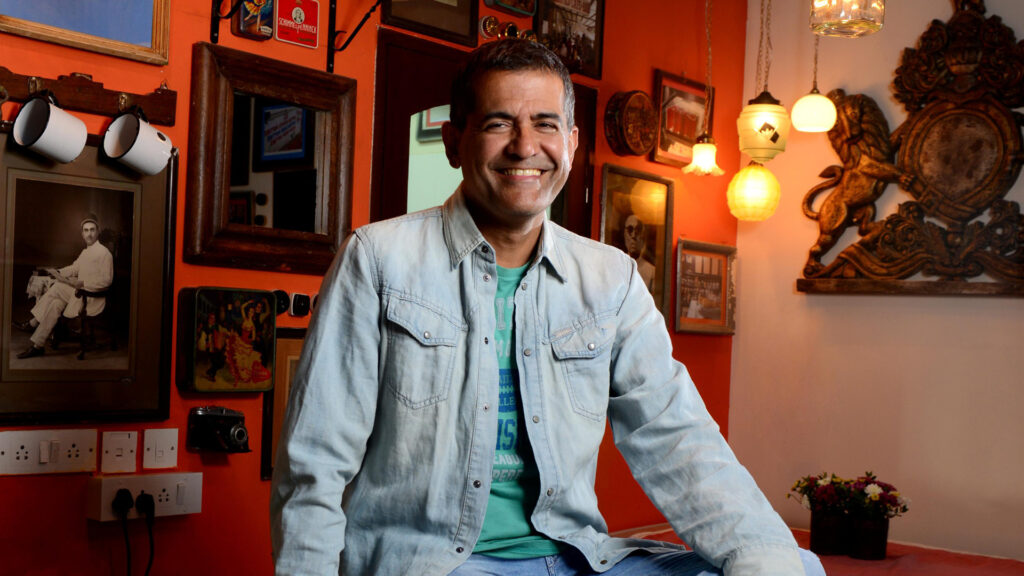
This factor also allows for fair pricing that, in turn, makes it possible for even budget travellers to enjoy elite and high-priced cuisines like Japanese. Just in North Goa, one can now find a 20-seater ramen house like Roboto and a beach-facing LA-style cocktail and sushi bar like Yazu within a radius of 6km.
PANJIM’S RENAISSANCE
Today’s chefs, mixologists, bakers and hospitality entrepreneurs are racing with ideas and concepts after observing the explosion of innovation in other countries. Take the example of the second generation Le Cordon Bleu-trained Chef Ralph Prazeres whose eponymous Portuguese bakery in Panjim is currently the talk of the town. Ralph returned to Goa after years of training in cities like Copenhagen and Lisbon, and says, “the customers of Padaria are familiar with good quality bakes. They are quality-centric, and this is what makes Goa very promising for creative chefs.” If New York can have natural wine bars, then why can’t Goa have fermentation bars where kombucha, tepache and kvas are the heroes? These are the kind of questions that plague restaurant owners. Take the example of Panjim, the capital of Goa that for the longest time was ignored by food enthusiasts for it was known to be simply a district for casinos. Over the past year, however, we have seen spots like Antonio at 31, known for its relaxed tapas bar ambience, present dishes like Bhindi Recheado, served with cocktails made from local spirits like urak, mahua and feni. Bars like For The Record remind us of the jazz bars of New Orleans, while the must-visit Joseph’s Bar belongs to the genre of second or third generation locals who are reviving yet holding on to local Goan traditions.
Three lanes away from Joseph’s you will find yourself at a street with Petisco at one end serving undoubtedly some of the finest European small plates and Clube Nacional next door where diners can jive to live music and come back to a table of local Goan salted tongue and stuffed bread. Tataki and Miguel’s are the other two highlights of Panjim city; We recommend you get yourself some sake and sushi at the former without causing a large dent in your wallet.
GOA’S HYPERLOCAL MOVEMENT
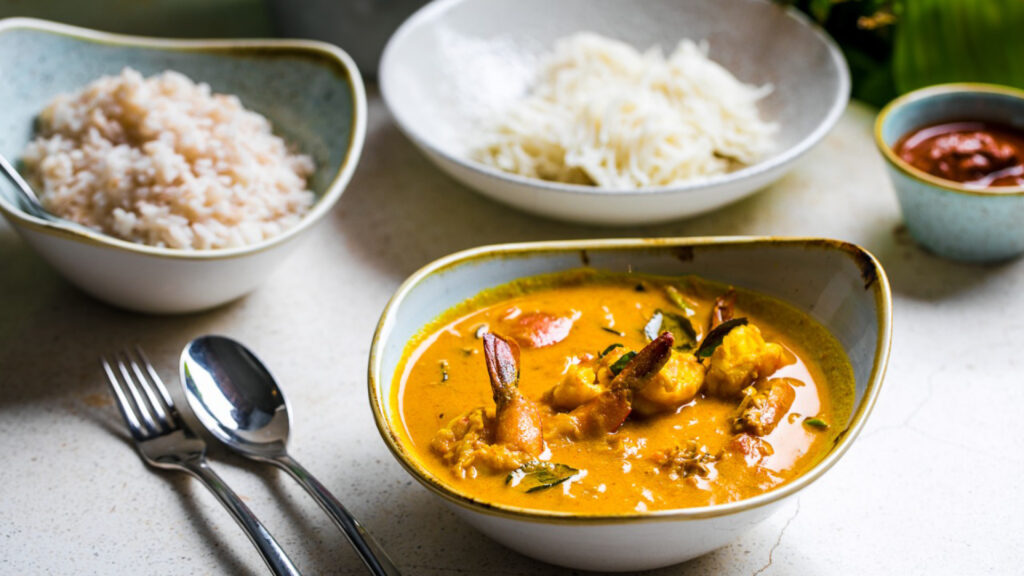
draw for tourists.
Quirky food trucks serving up local favourites like cafreal, pork vindaloo, ribs and rissóis are becoming a huge draw for travellers. And you can see the rise of the hyperlocal movement in Goa with certain districts like Vagator and Chapora becoming dense flavour-bomb destinations. The concept of hyperlocal goes hand in hand with sustainability and sees expression in the abundant use of local ingredients like urak, feni and mahua in botanical cocktails and kokum, rice, cashew and coconut in food menus. This might explain why travellers consider the food in Goa to be fresh and hygienic. Even the local bakeries like Joseph’s in Mapusa are reviving local Goan delicacies like the coconut macarons called bolinas.
NEW STRIDES
Other burgeoning concepts that are slowly starting to have their moment in the sun are third wave coffee shops like Babka and G-Shot Coffee Roastery & Cafe where the flat whites are perfectly made using Indian coffee beans; and bakeries like Padaria Prazeres in Panjim whose glass shelves are lined with sour cherry scones, matcha berliners and palmiers that would make any French baker proud. Smokehouses like Cuebebar at Assagao, Smoke at Anjuna and even Cravings by Chris, a pick-up only spot in Mapusa specialising in cured meats like maple espresso bacon and honey glazed ham, is the other growing trend inspired by American barbecue style smoked meats.
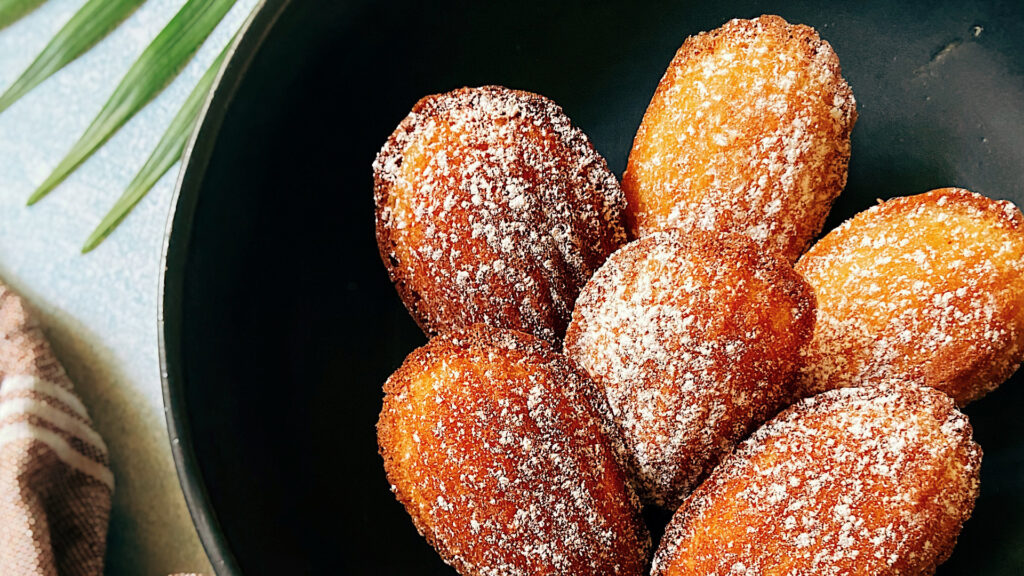
Co-working spaces with inspired café food add to the interesting portfolio of hospitality concepts in Goa: Felix at Anjuna being the best example. Co-working space by day, an upscale bar by night with delicious food and a private dining room makes Felix one of the most popular spots in Goa at the moment.
With everything that we know now of Goa, it is no surprise that the state will soon see some of the biggest names in Indian hospitality making their way there soon. Bars like The Daily All Day have already confirmed their opening in Saligao for later this year along with Mumbai’s favourite Japanese spot Izumi, Spanish tapas spot Uno Más, and the friendly Asian brand Mamagoto. The word in the market is that 42 acres of land in Vagator is slated to play home to restaurants like Indian Accent, the same vicinity that houses Olive and Antares. Nicky Ramani, Partner at The Daily All Day, says, “Goa is a melting pot and we picked it as our next destination because of the quality of life it offers even to the business owner.” These openings will probably give rise to a whole new tourism inland, away from the beaches.
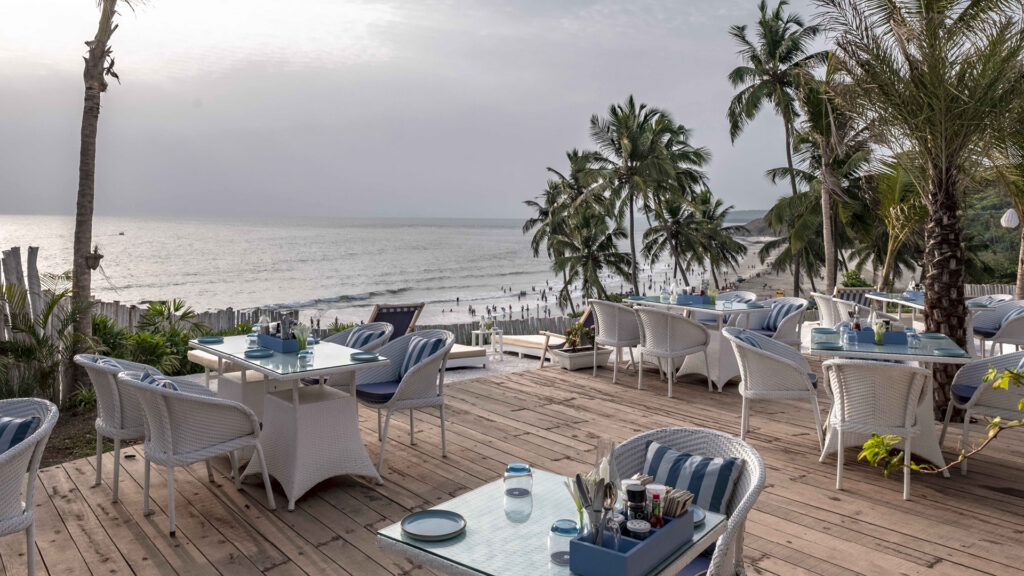
It would be interesting to see if Goa, with all that it has going for it, will continue to encourage culinary creativity to a point that it could enter the list of the world’s gourmet capital cities like New York, London, Berlin, Tokyo, Dubai and Paris. AD Singh believes that Goa might even have a lot more to offer than some of these cities, “Goa is rapidly emerging as India’s best culinary destination. Now some of India’s best brands are opening here, in addition to several outstanding homegrown brands like Bomras, Prana Cafe, La Plage and so many more.”

